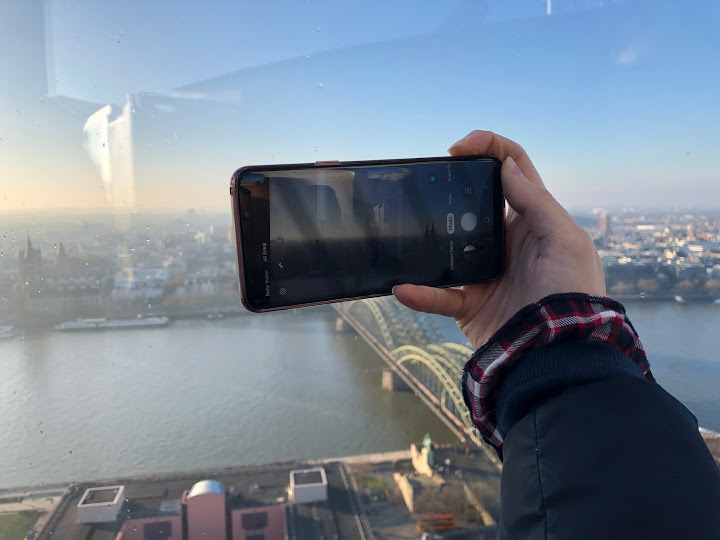On a winter’s day in Hamburg. The first time in a long while, the sun is shining again. I decide to go for a walk. For a while now, I have been listening to Arabic podcasts. But right now, I am more in the mood for some music. What about some German tunes? No, so far, I do not know any good German singers. What about English music? No, I do not speak English and I like to understand the lyrics of a song.
What about some Arabic music then, maybe some songs from the 80s or 90s? But I am not in a nostalgic mood, so I go on and search for some Syrian music. I open the first playlist I find and the first song on this list is by Omar Souleyman. In Europe, he is a popular Syrian singer. Suddenly, there is a voice inside me saying: No, you must not to listen to this music. My inner censor is speaking to me.
Salam,
schön, dass du da bist!
Wenn du den vollständigen Artikel lesen möchtest, melde dich hier kostenlos im Online-Magazin an: Einloggen.
Wenn du noch nicht angemeldet bist, kannst du dich hier kostenlos neu registrieren:Kostenlos registrieren.
Neben unseren Online-Artikeln erhältst du dann zusätzlich alle zwei Wochen den kohero-Newsletter mit spannenden Texten, Interviews und Hinweisen zu unseren Workshops und Veranstaltungen. Viel Freude beim Lesen!
Wenn du Fragen hast oder Hilfe bei der Anmeldung brauchst, melde dich per Mail an team@ kohero-magazin.de.
Shukran und Danke!
Deine kohero-Redaktion







